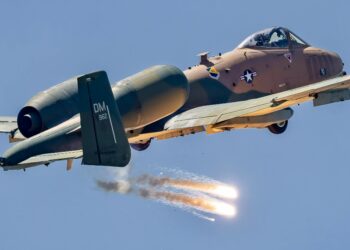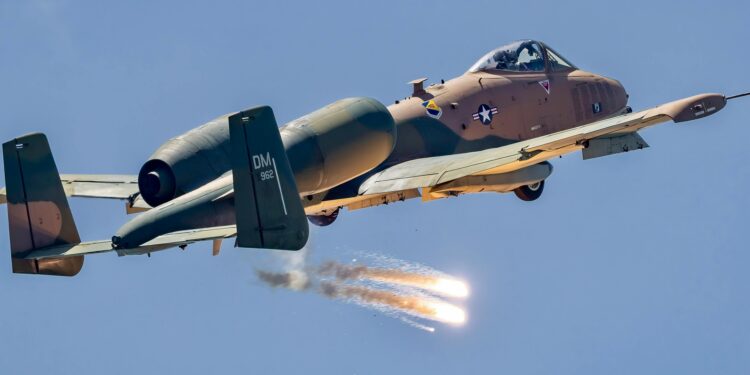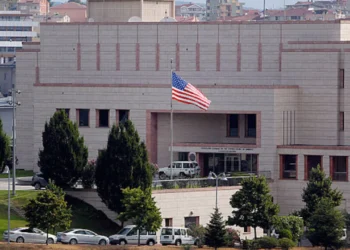As tensions escalate in the Middle East, Israel has reported the targeted killing of Kassem Siklawi, the commander of Hezbollah’s rocket unit. The Israeli army confirmed that Siklawi was eliminated late Monday in an airstrike near the southern Lebanese port city of Tyre.
Hezbollah’s Attacks on Israel
Hezbollah has intensified its attacks on Israel, launching missiles at Israeli border areas. These actions are purportedly in support of Gaza amid its ongoing conflict with Hamas. Israel has repeatedly threatened to escalate military action to push Hezbollah away from its northern communities.
International efforts, including those by France and the US, to mediate a diplomatic resolution have failed. Hezbollah has refused to engage in discussions until there is a ceasefire in Gaza.

Commander’s Death
The Israeli military attributes numerous rocket attacks on its northern border to Siklawi’s planning and execution. While Hezbollah confirmed his death, they did not specify the exact location. In addition to Siklawi, twelve other Hezbollah fighters were killed on Monday, six in Lebanon and six in Syria.
Increased Hostilities
Rocket attacks from Lebanon have recently intensified, targeting northern Israel. Analysts suggest these attacks are a response to Israel’s military actions in Rafah, located in the southern Gaza Strip. Since the onset of the Gaza war over seven months ago, Hezbollah has consistently launched rockets, artillery, and anti-tank shells into northern Israel, proclaiming solidarity with Palestinians in Gaza.
Why It Matters
The death of a key Hezbollah commander underscores the heightened volatility in the region. The sustained conflict poses significant risks for broader escalation, impacting both military and civilian lives on both sides. The involvement of international players highlights the global concern over stability in the Middle East.
Bottom Line
The killing of Hezbollah’s rocket unit commander by Israeli forces marks a significant moment in the ongoing conflict. With diplomatic solutions proving elusive and hostilities showing no sign of abating, the situation remains fraught with the potential for further escalation. The international community continues to watch closely, as the conflict’s ripple effects are felt far beyond the immediate region.

















